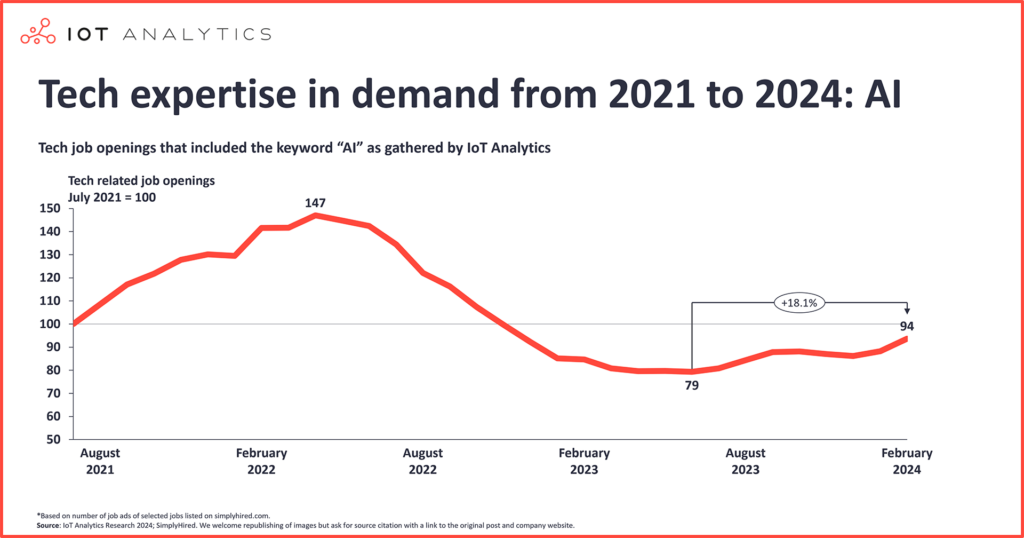The global job market is entering a transformative era. The World Economic Forum’s Future of Jobs Report 2025 reveals groundbreaking insights. By 2030, job disruption will affect 22% of global roles.
The report estimates a net increase of 78 million jobs worldwide. While 170 million new positions will emerge, 92 million roles will disappear.
This dynamic shift stems from technology, demographic trends, economic pressures, and geopolitical tensions.
Frontline and Specialist Roles Drive Growth
Frontline roles are set to grow the most by 2030. Demand for farmworkers, delivery drivers, and construction workers will surge.
Essential sectors like healthcare and education will also expand.
Nurses and secondary school teachers are projected to be in high demand. Aging populations in high-income nations drive this need.
Meanwhile, growing youth populations in lower-income countries create education opportunities.
Technology advancements will fuel specialist roles. Renewable energy and environmental engineering jobs are on the rise. AI and robotics expertise will also see unprecedented demand.
However, these changes will not benefit all roles. Cashiers and administrative assistants remain among the fastest-declining positions.
Generative AI is reshaping industries, leading to fewer opportunities for graphic designers.
These trends emphasize the urgent need for upskilling. To remain relevant, workers must adapt to shifting demands, and employers must act quickly.
Bridging the Skills Divide and Tackling AI Disruption
The skills gap remains the biggest obstacle to workforce transformation. Nearly 63% of employers identify it as a key challenge, and this gap threatens global workforce resilience.
By 2030, 59% of workers will require upskilling or reskilling. Yet, over 120 million workers risk redundancy without access to training. Bridging this gap is crucial for economic stability.
Technology skills are essential for future roles. While AI, big data, and cybersecurity expertise will dominate, human skills are equally critical.

Creative thinking, leadership, and resilience remain vital. Employers increasingly seek adaptable workers, and hybrid skillsets—a mix of technical and human skills—are now indispensable.
AI also significantly disrupts the workforce. It automates repetitive tasks, transforms job roles, and creates new opportunities alongside challenges.
Around 77% of employers plan to upskill workers in response to AI. However, 41% also plan to reduce their workforce. Companies must carefully balance these changes to protect their workforce.
AI’s impact goes beyond technology. It redefines how businesses operate. Transitioning workers into new roles can alleviate skills shortages.
Economic and demographic shifts further complicate the landscape. Rising living costs pressure businesses to adapt, and workforce agility and innovation are more critical than ever.
Demographic changes also play a role. Aging populations increase the demand for healthcare workers, and expanding younger demographics drive education needs in lower-income regions.
Geopolitical tensions add complexity to workforce planning. Trade restrictions and shifting industrial policies influence hiring strategies. Employers increasingly invest in cybersecurity to mitigate risks.
Preparing Today for Tomorrow’s Workforce
Governments and businesses must act now. Collaboration is essential to addressing workforce challenges, and training initiatives must target technical and human skills.
Investing in high-growth sectors is key. Renewable energy, AI, and healthcare require skilled talent. Equitable transitions for workers in declining roles can ease disruptions.
Workplace adaptability also demands a proactive approach. Mentorship programs and apprenticeships help bridge skill gaps, and employers must create accessible pathways into growing industries.
Policies promoting resilience and innovation are crucial. Employers must prioritize creative thinking and agility, and workers must embrace change to thrive.
The stakes are high, but the potential rewards are immense. The Future of Jobs Report 2025 offers a roadmap to navigate these shifts. By preparing today, the workforce can seize opportunities tomorrow.
Workforce transformation demands bold action. Governments, businesses, and educators must lead this effort. Together, they can build a future-ready global workforce.
- 107shares
- Facebook Messenger
About the author
Sara Hayes is a talented associate writer at DbdPost, known for her engaging and well-researched articles. With a passion for storytelling and a keen eye for detail, she excels in creating content that informs and resonates with readers.





